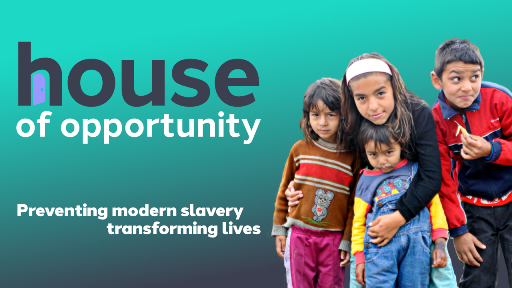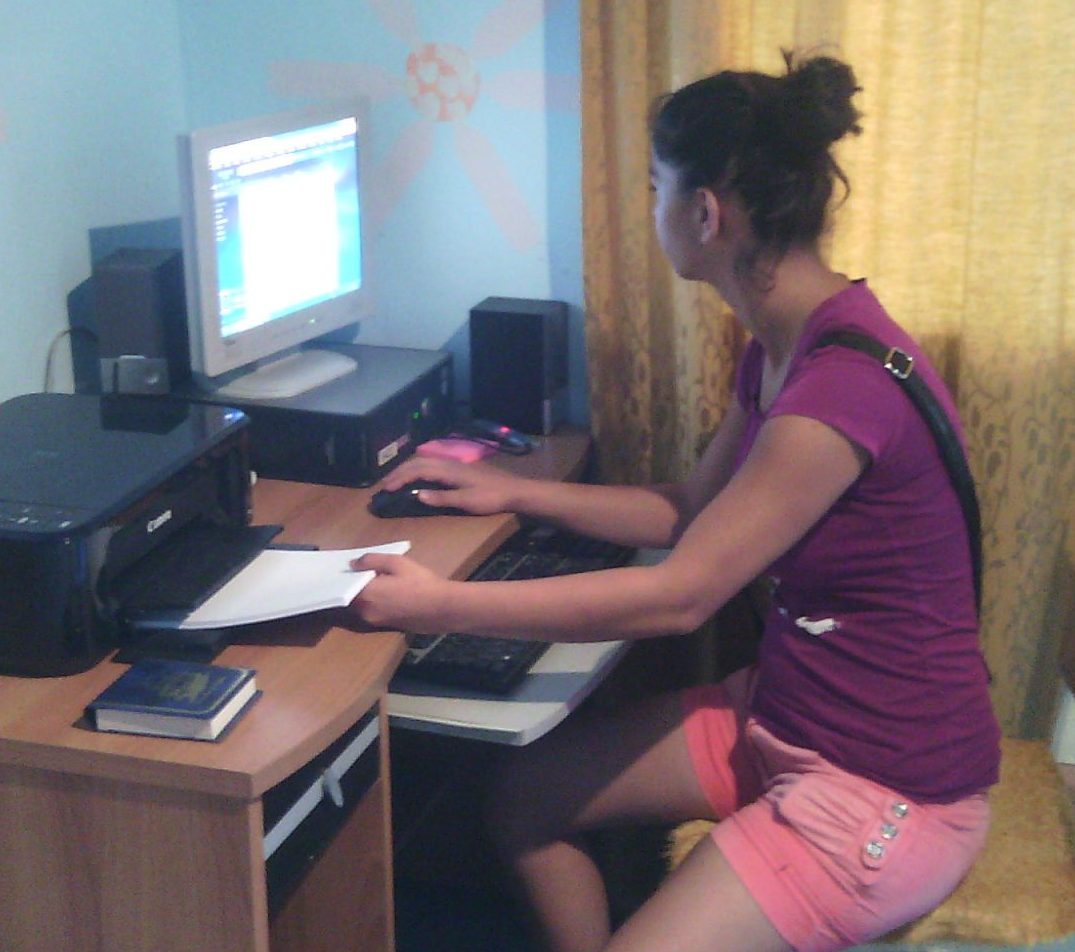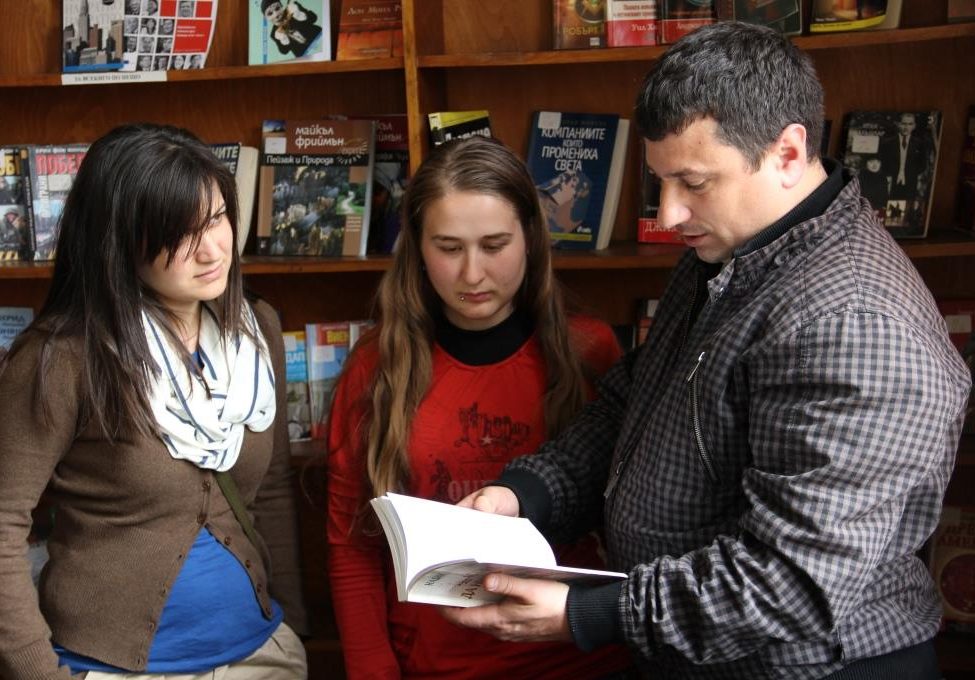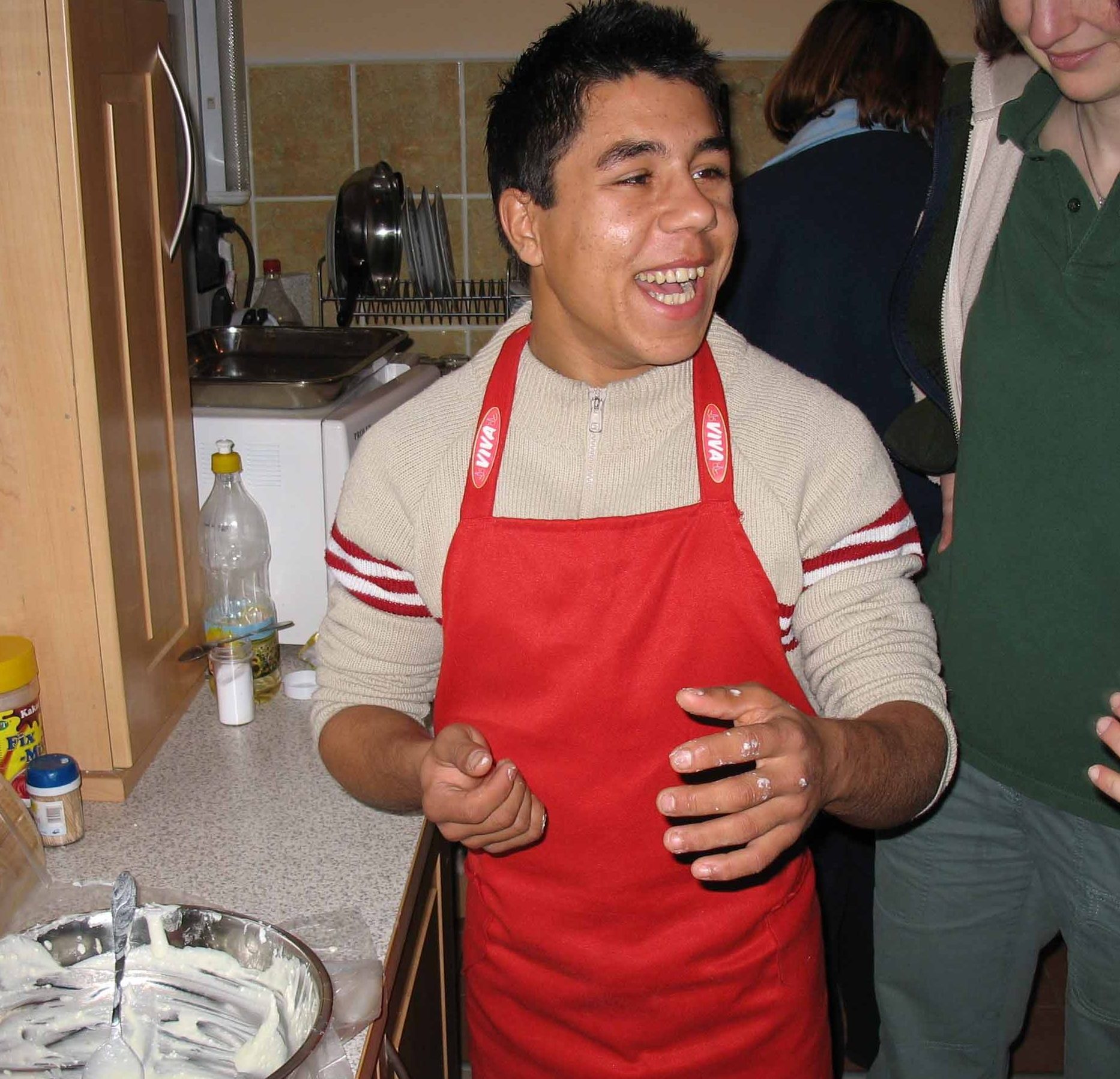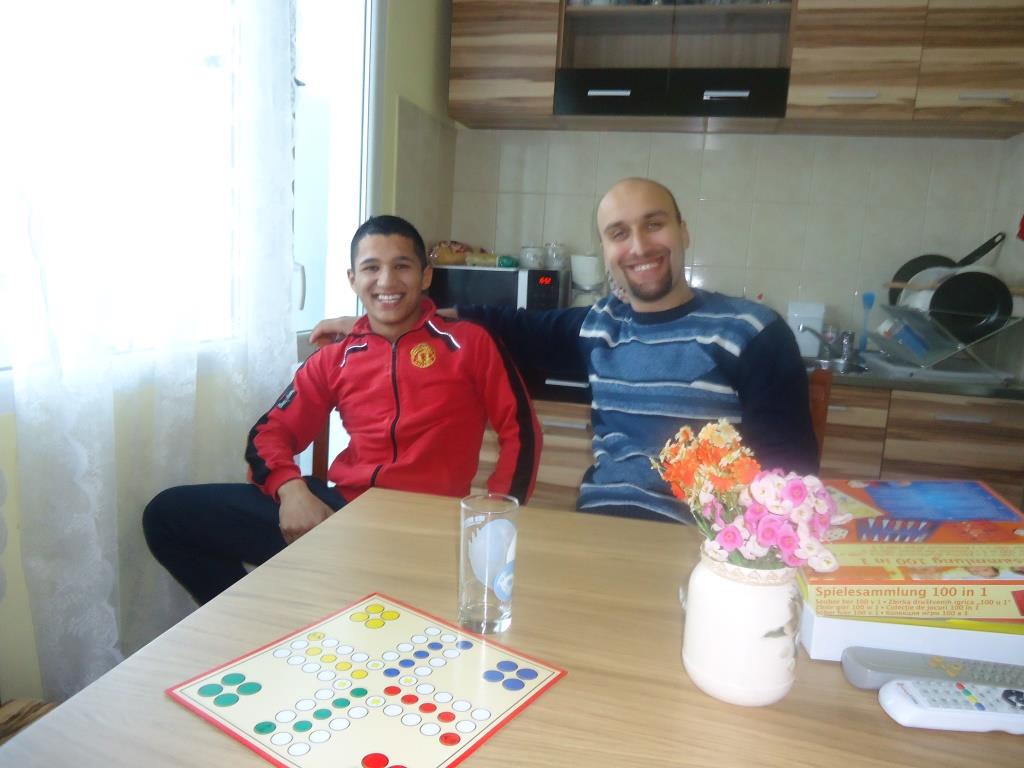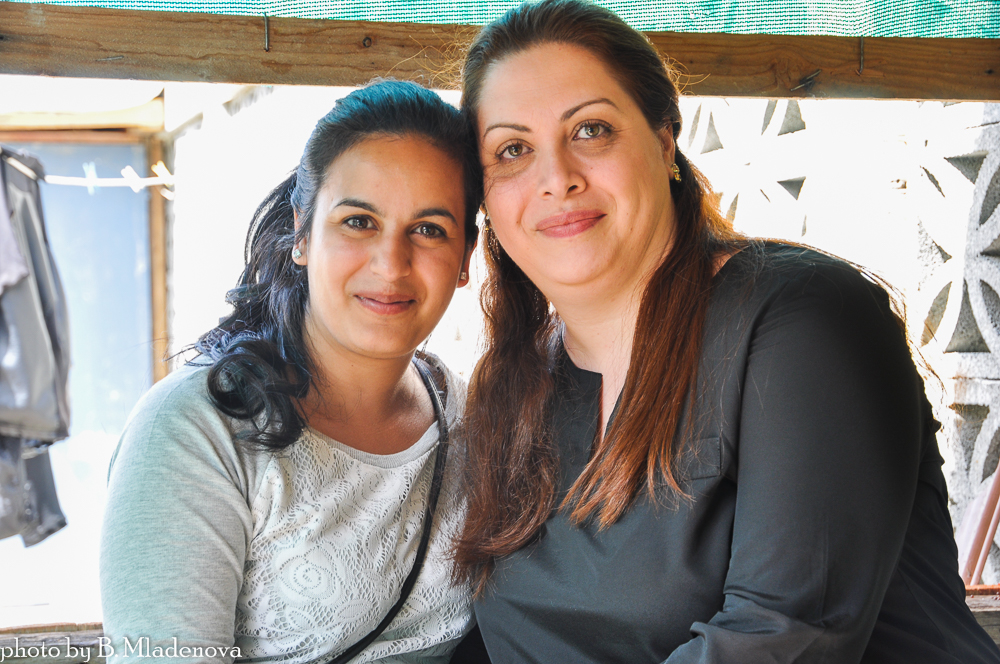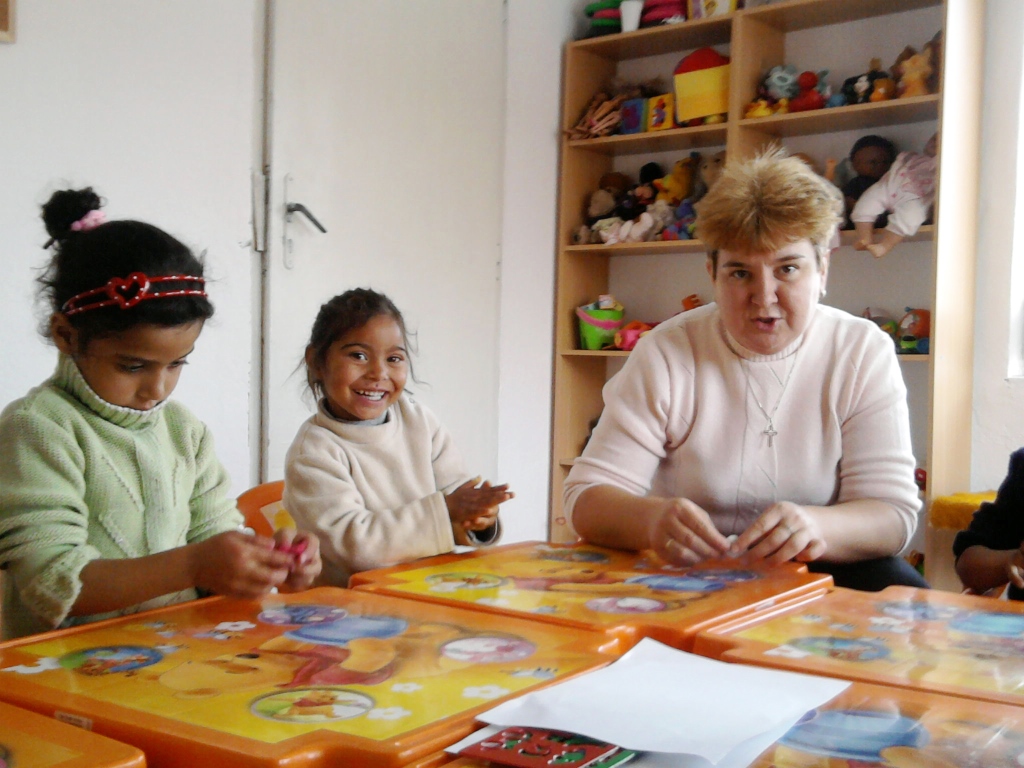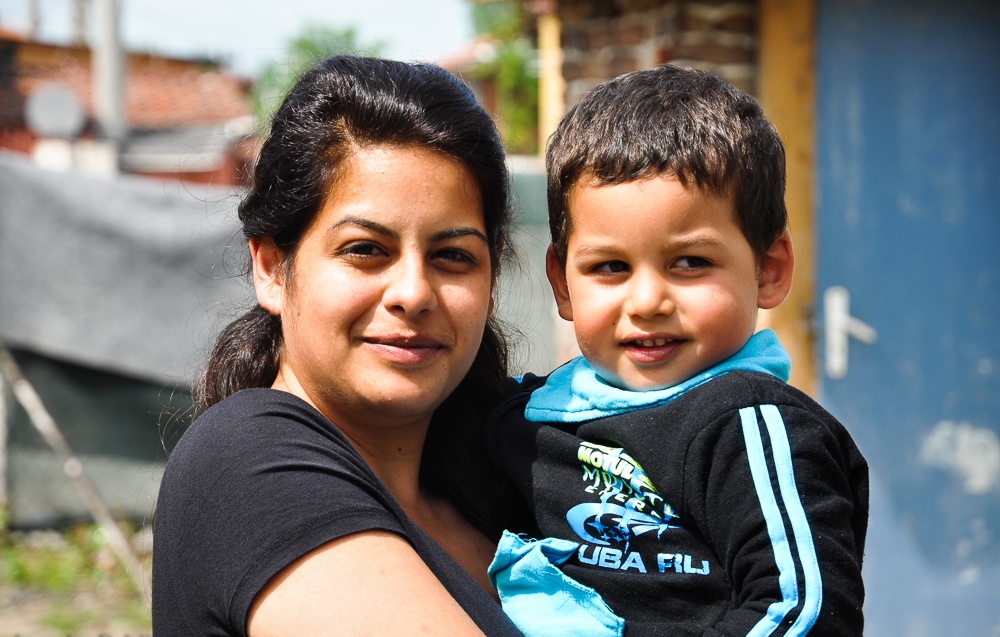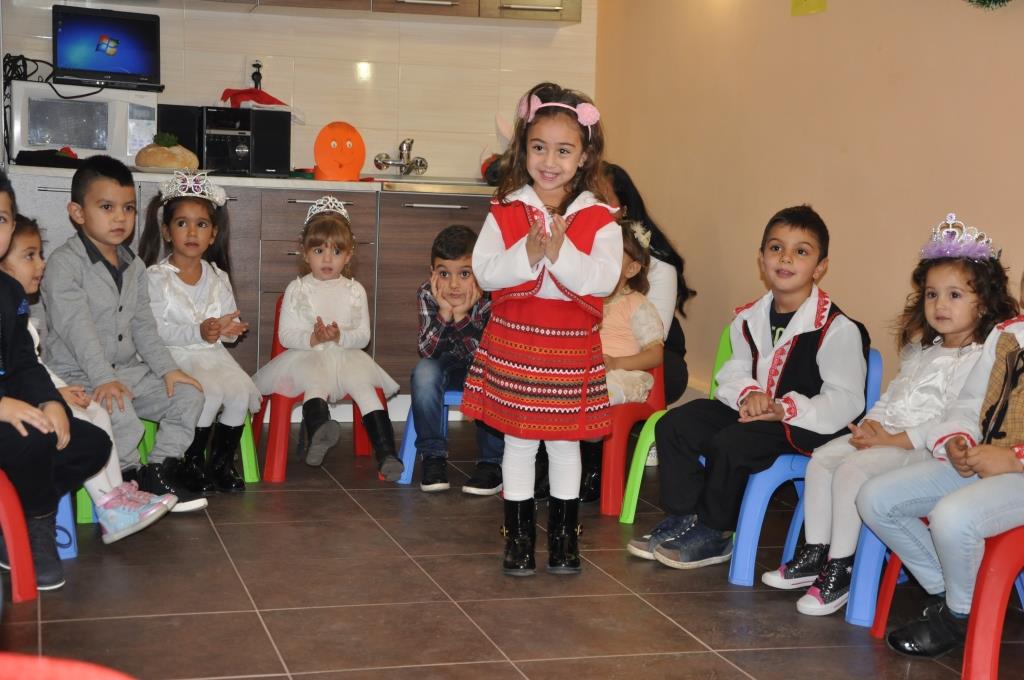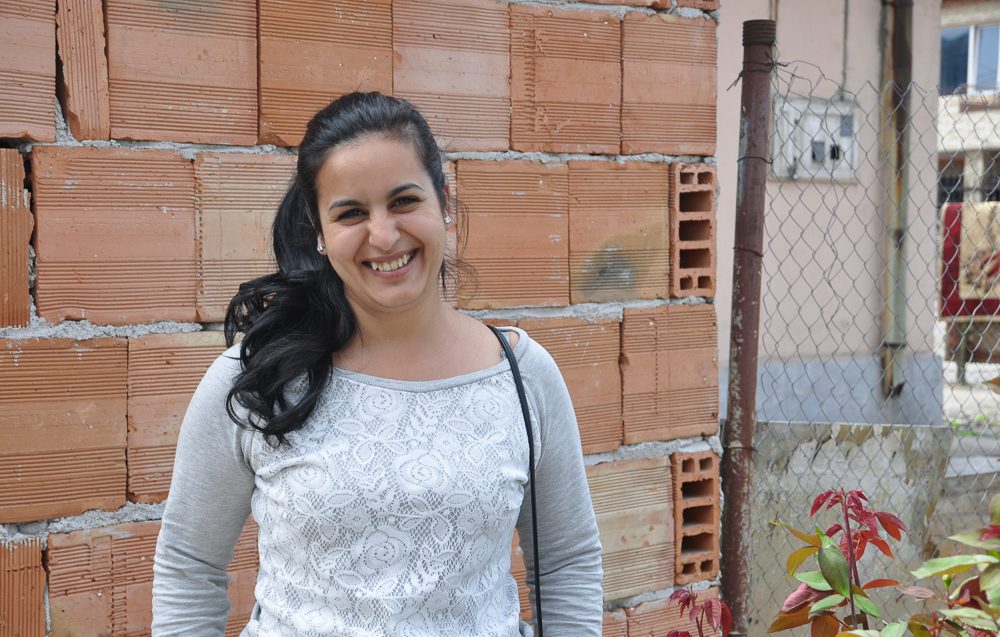Excluded, marginalised, trapped
The Roma community is very marginalised in Bulgaria; they are treated with prejudice and suspicion. People in some parts of the community live in extreme poverty and have very poor access to education and health care. There is a significant generational poverty cycle which it is very difficult for their children to escape from.
Education is a key factor in breaking out of this poverty cycle because those with basic qualifications, such as the Bulgarian School Diploma, have a much better chance of gaining legitimate employment.
There are, however, very significant barriers to young Roma children successfully entering the education system. Research shows that reasons for the general failure of educational work with Roma are of a complex and difficult nature.
The following reasons are strong factors in why Roma children find it difficult to adapt to the school environment and to integrate further in society:
- Low levels of literacy and qualification among adult Roma; severe social isolation of the Roma community;
- Low standard of living (a factor in low school attendance, incomplete participation in educational activities and high rate of school dropouts);
- Lack of good child care skills and responsible parenthood in the community;
- High unemployment rate amongst ethnic minorities;
- Myths, attitudes and prejudice which aggravate marginalisation.
The consequence is a poor level of school attendance and a high level of drop-out for those who do attend. Only 11 percent of Roma children in Bulgaria will go on to graduate high school. This results in difficulties in securing legitimate employment, and young people end up working in low skill jobs or becoming involved in criminal activities.
How our kindergartens work
Our Early Years Education Programme consists of special kindergartens tailored to individual communities. By working together with families we aim to provide a vital pathway into education for marginalised children.
Beyond Bulgaria…
FSCI is working to replicate this model in other Roma communities. In partnership with A2B Albania we opened a kindergarten in Peqin, Albania, in September 2016.
We have also supported a kindergarten start-up in Chisinau, Moldova, with our partners, Beginning of Life.
What does it cost?
Our kindergartens cost €24,000 – €35,000 per year to run.
Will you consider supporting the Early Years Education Programme?
